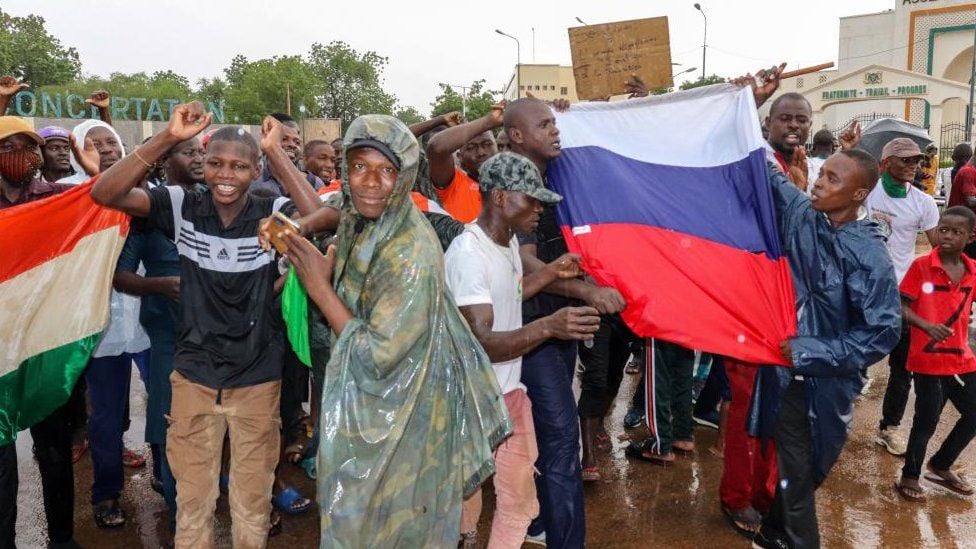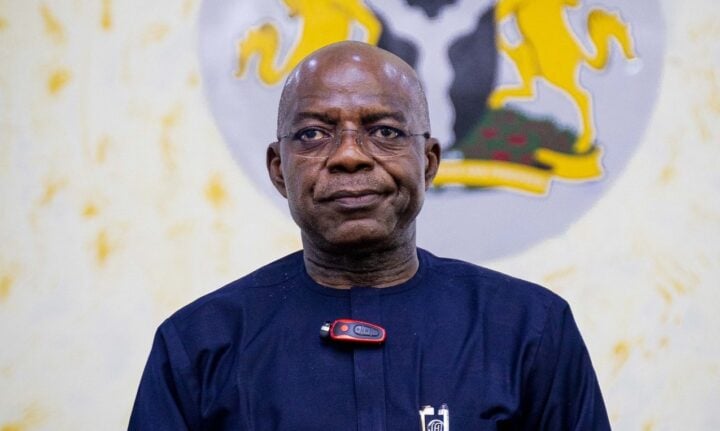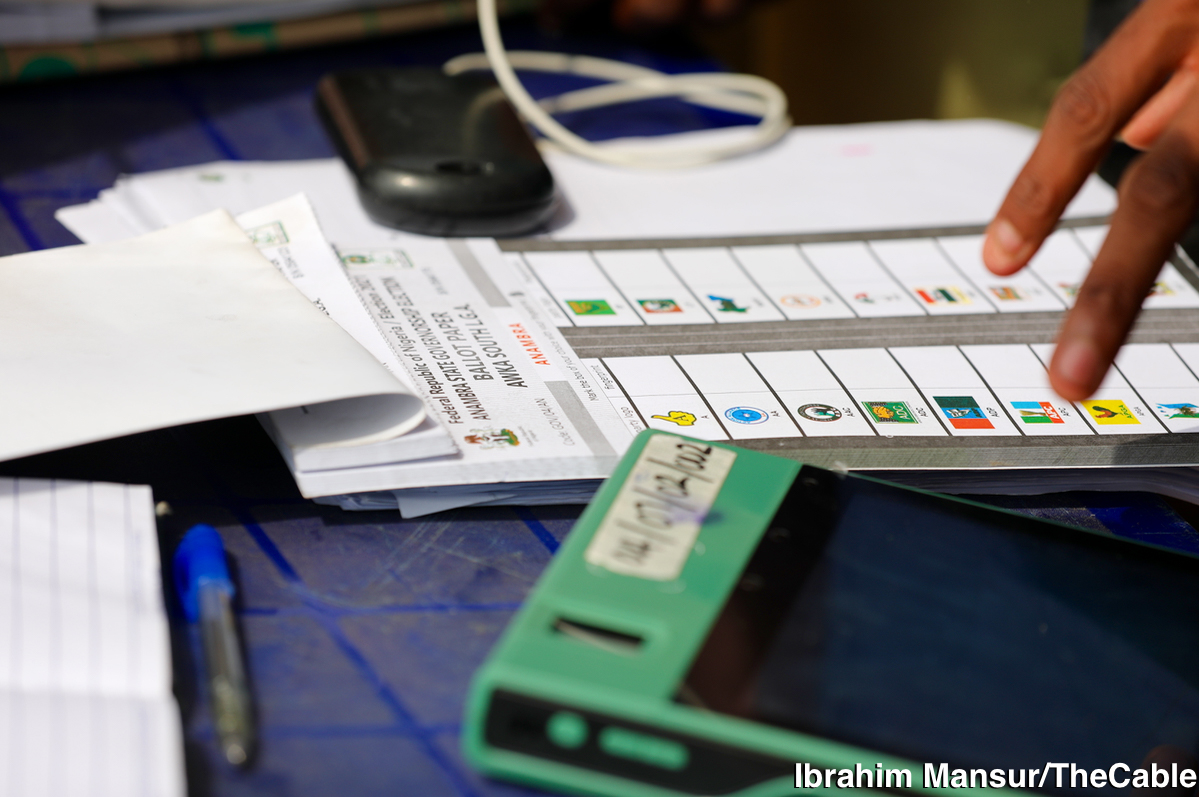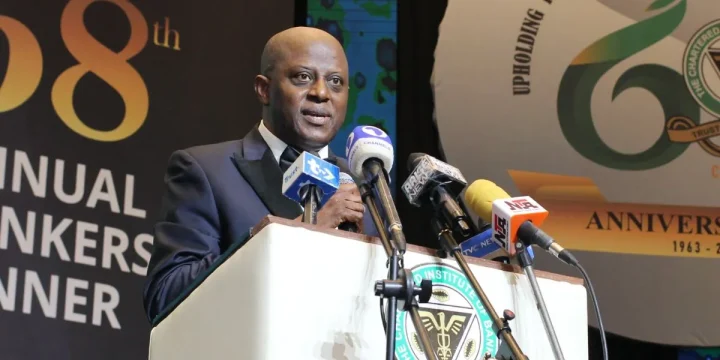A new report by the International Institute for Democracy and Electoral Assistance (International IDEA) says African democracy faces major challenges with military coups and a wave of unrest in some parts of the continent.
The International IDEA’s Africa and West Asia regional office, in partnership with the Embassy of Switzerland, launched the 2023 edition of the report titled “The New Checks and Balances” on February 8, 2024, in Addis Ababa, Ethiopia.
The report said the quality of representation in many African countries has been negatively affected by unconstitutional changes of government, the evasion of term limits for heads of state, and declines in credible elections.
However, the report noted that countries such as The Gambia and Zambia are making progress in election administration, participation, and the expansion of civic space.
Advertisement
The report also indicated that nine African countries are in the top 50 in the world in terms of electoral participation.
The countries are Mauritius, Sierra Leone, Senegal, Ghana, Mali, Kenya, South Africa, Burkina Faso and Zambia.
“Recent experiences in Ghana, Kenya, Morocco, Mozambique, Nigeria and Sierra Leone (among other countries) have shown that popular movements can play a vital role as a countervailing institution when other institutions have been unable to constrain governments,” the report reads.
Advertisement
“However, the frequency of violence associated with such protests suggests that this should be a countervailing institution of last resort.
“The greatest challenge that domestic institutions face in constraining and balancing power is the executive supremacy that characterizes political systems across much of the continent.
“Increasingly, African courts are also being called upon to defend electoral integrity. This is often through electoral dispute litigation, such as that which followed the general elections in Nigeria in 2023 and Kenya in 2022, but there are other circumstances in which courts have intervened on questions of electoral integrity.
“Yet, a lack of judicial independence remains a problem in many parts of Africa. In some countries, such as Senegal and Zimbabwe, it has reached a sufficiently low ebb for the authority of the courts to be turned on government opponents, who have found themselves silenced or marginalized by criminal prosecutions and convictions
Advertisement
“The African Union and the Regional Economic Communities have an important role to play in establishing and upholding democratic norms in Africa. However, inadequate compliance by member states (including on matters as serious as reinstating a head of state, or making a swift transition back to civilian rule) has shown that there is no substitute for effective democratic institutions at the domestic level.”
Roba Sharamo, regional director Africa and West Asia office at International IDEA said the challenges are huge in Africa.
Sharamo added that what has been seen in the Sahel over the last few years highlights the risks to democracy in the continent.
“But there are also green shoots across the region, most notably the strengthening role of civic groups and popular political movements,” the director said.
Advertisement
Add a comment






